Tina Anselmi: a heroine of Italian politics
Tina Anselmi is an emblematic figure of Italian political history, representing the courage and determination of women in an era of great social changes.
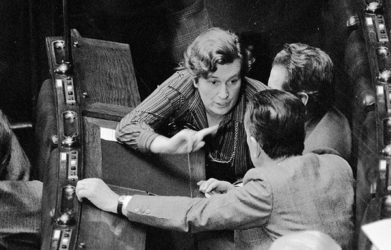
Tina Anselmi is an emblematic figure of Italian political history, representing the courage and determination of women in an era of great social changes.
His appointment as Minister in 1976 was not only a personal goal, but marked a turning point for the whole nation, opening the doors to a greater participation of women in the public and institutional life of the country.
A youth marked by the Resistance
Tina Anselmi's journey to the leaders of Italian politics began during the dark years of the Nazi -fascist occupation. At just 17 years old, he made a decision that would have changed his destiny forever: join the resistance.
This act of courage, in a context of oppression and violence, was his real political baptism. The adhesion to the partisan movement was not only a reaction against injustice, but the first step of a path of civil and political awareness that would have led her to become one of the most important figures in the Italian Republic.
During the resistance, Tina faced the danger daily, consolidated bonds of solidarity between companions of struggle and nourished the dream of a free and democratic Italy. These years forged an extraordinary determination and moral strength in her, teaching her the value of freedom, the price of justice and the importance of fighting for her ideals, even at the cost of great personal sacrifices.
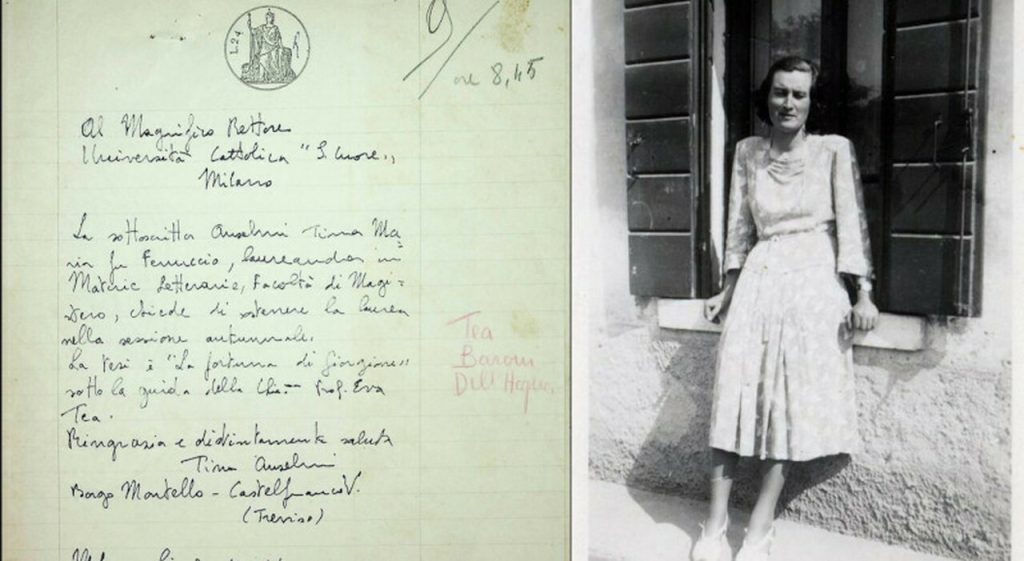
The companies of Tina Anselmi
Tina Anselmi has left an indelible imprint in Italian history, distinguishing itself in multiple areas. As a minister of work and social security in the third Andreotti government, he beat himself strenuously for gender equality in the world of work, promoting innovative laws that improved the conditions of the workers.
His political action was not limited to this: as a health minister, it was the architect of the reform that established the National Health Service, guaranteeing free medical assistance to all citizens.
But perhaps the most difficult and significant feat of Anselmi was the presidency of the commission of inquiry on the P2 lodge. In this role, he demonstrated extraordinary firmness and moral integrity, bringing to light an occult power network that threatened the foundations of Italian democracy itself.
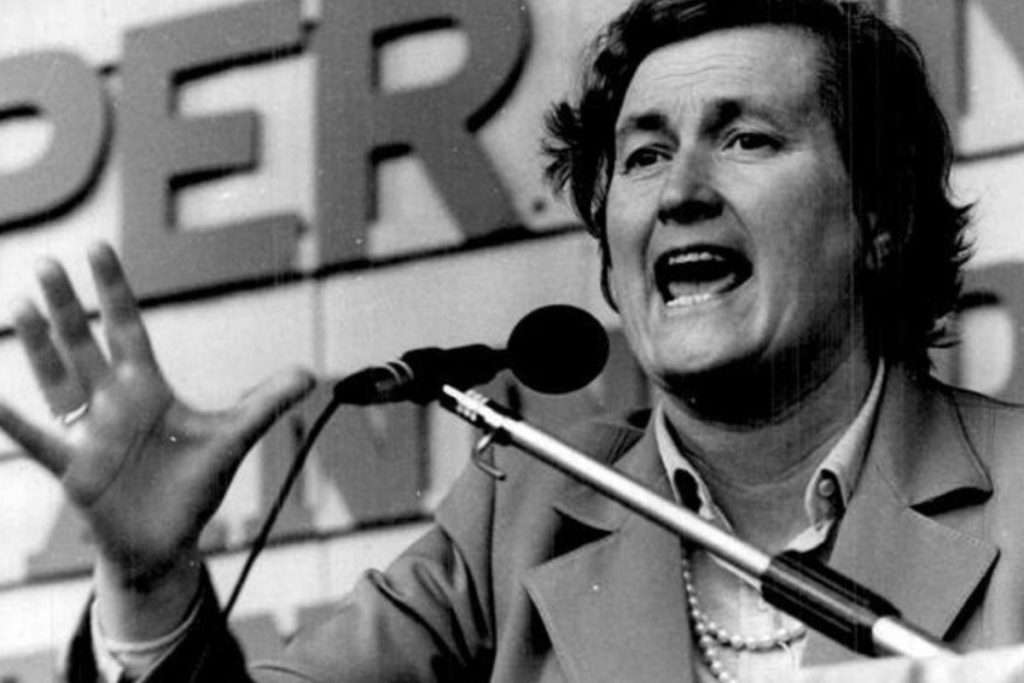
The struggle for women's rights
Tina Anselmi's commitment to female emancipation was constant. He beat for the approval of the law on equal treatment between men and women in the workplace, a fundamental step for the realization of true gender equality.
His political action also extended to the protection of motherhood and support for families, demonstrating a unique sensitivity for the most pressing social issues.

A legacy that lives in the present
Tina Anselmi's example continues to inspire the new generations of women in politics. His ability to reconcile firmness and diplomacy, moral rigor and political pragmatism, remains a model for anyone who aspires to serve their country with honesty and dedication. The battles that fought, for gender equality and social justice, are still current and require constant commitment.
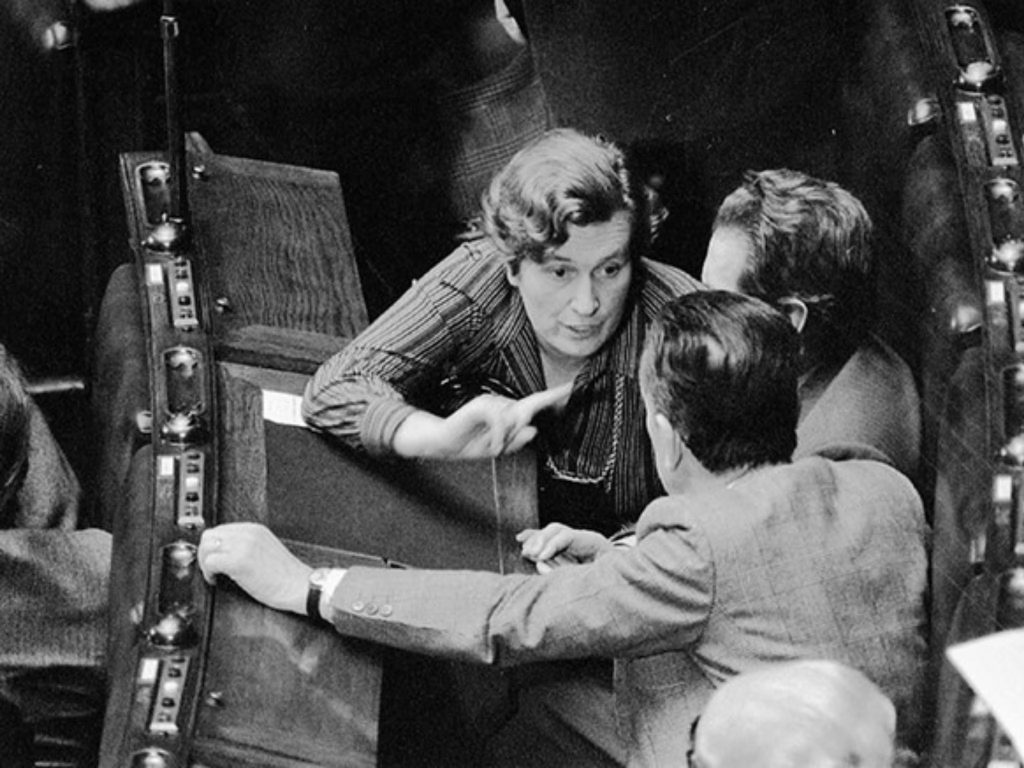
The legacy of a pioneer
Tina Anselmi has left an indelible imprint in Italian history, demonstrating how the determination and civil commitment can unhinge even the most rooted social conventions.
His biography is a tangible example of how talent, combined with an iron will, can catalyze significant changes in society. Anselmi did not settle for accepting the status quo, but was tirelessly beat for women's rights, leaving a legacy that continues to influence the debate on gender equality in Italy.
Anselmi's contribution to the cause of equality has materialized in initiatives that placed the foundations for substantial progress in the fight against sexual discrimination.
However, it would be reductive to consider Anselmi's mission as concluded. Despite the significant advancements achieved thanks to its commitment and that of other prominent figures, evident disparities still persist in different sectors of the company.
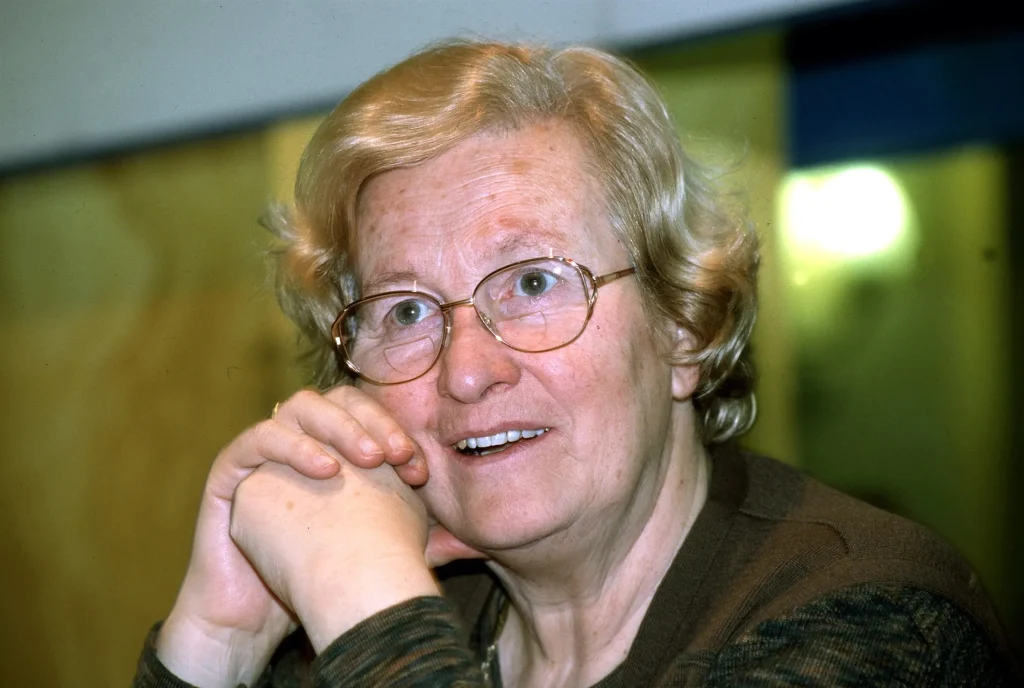
The remuneration gap between the sexes, the scarce female presence in managerial roles and the persistence of gender stereotypes are unequivocal signals that the road towards full equality is still long.
The example of Anselmi urges us to keep the flame of activism and civil commitment alive. Every citizen, regardless of his role in society, can and must be promoter of change.



